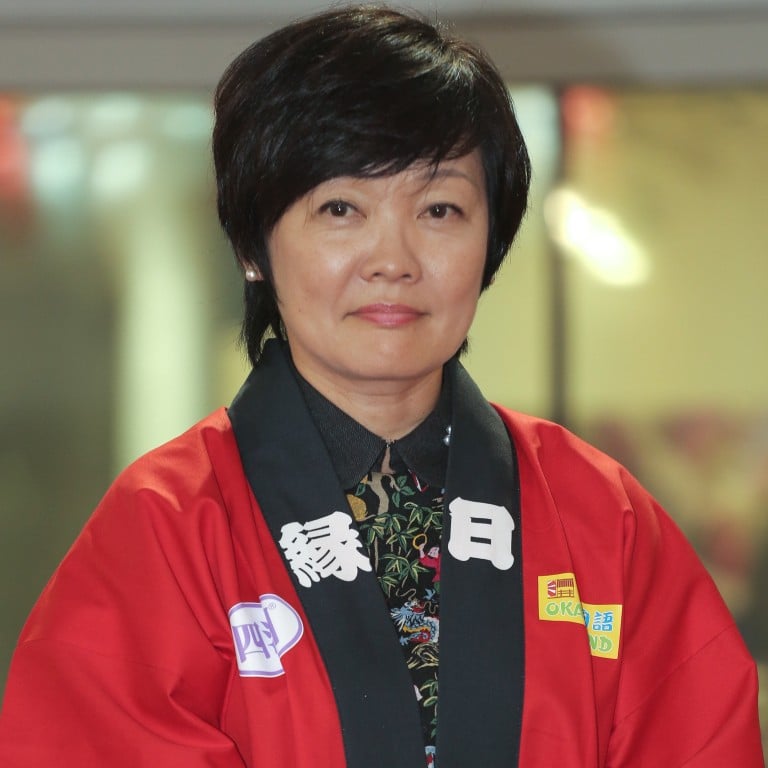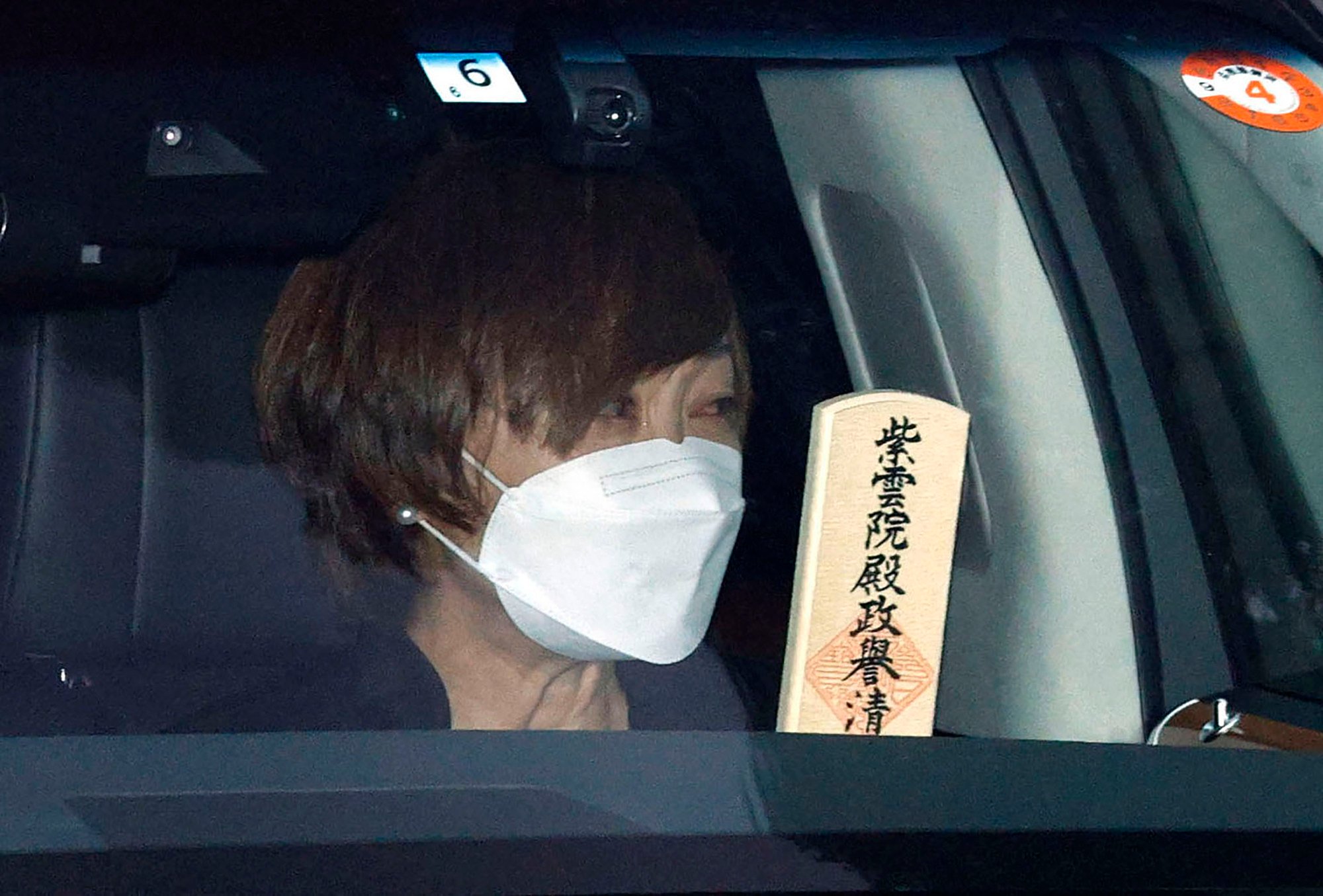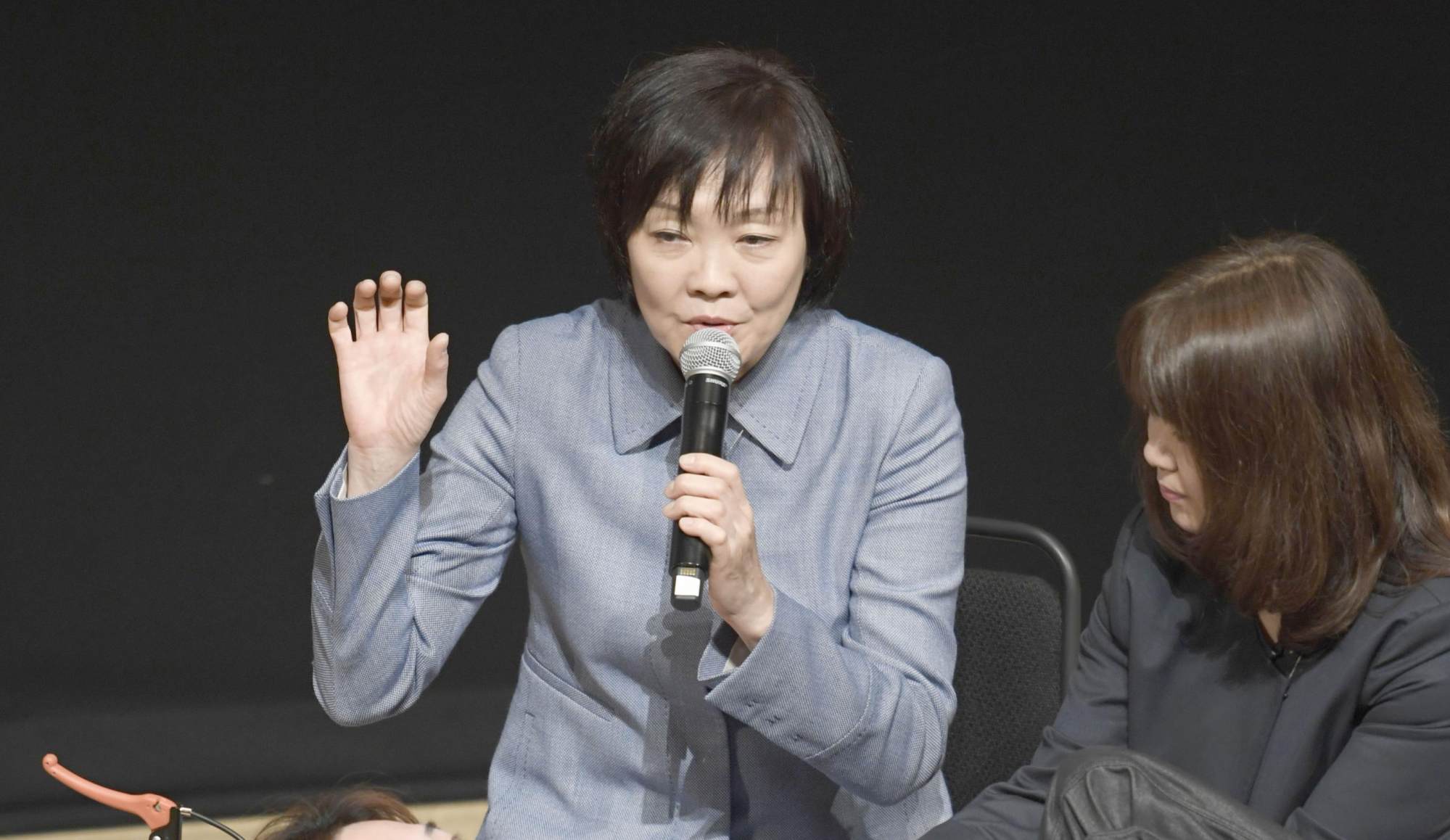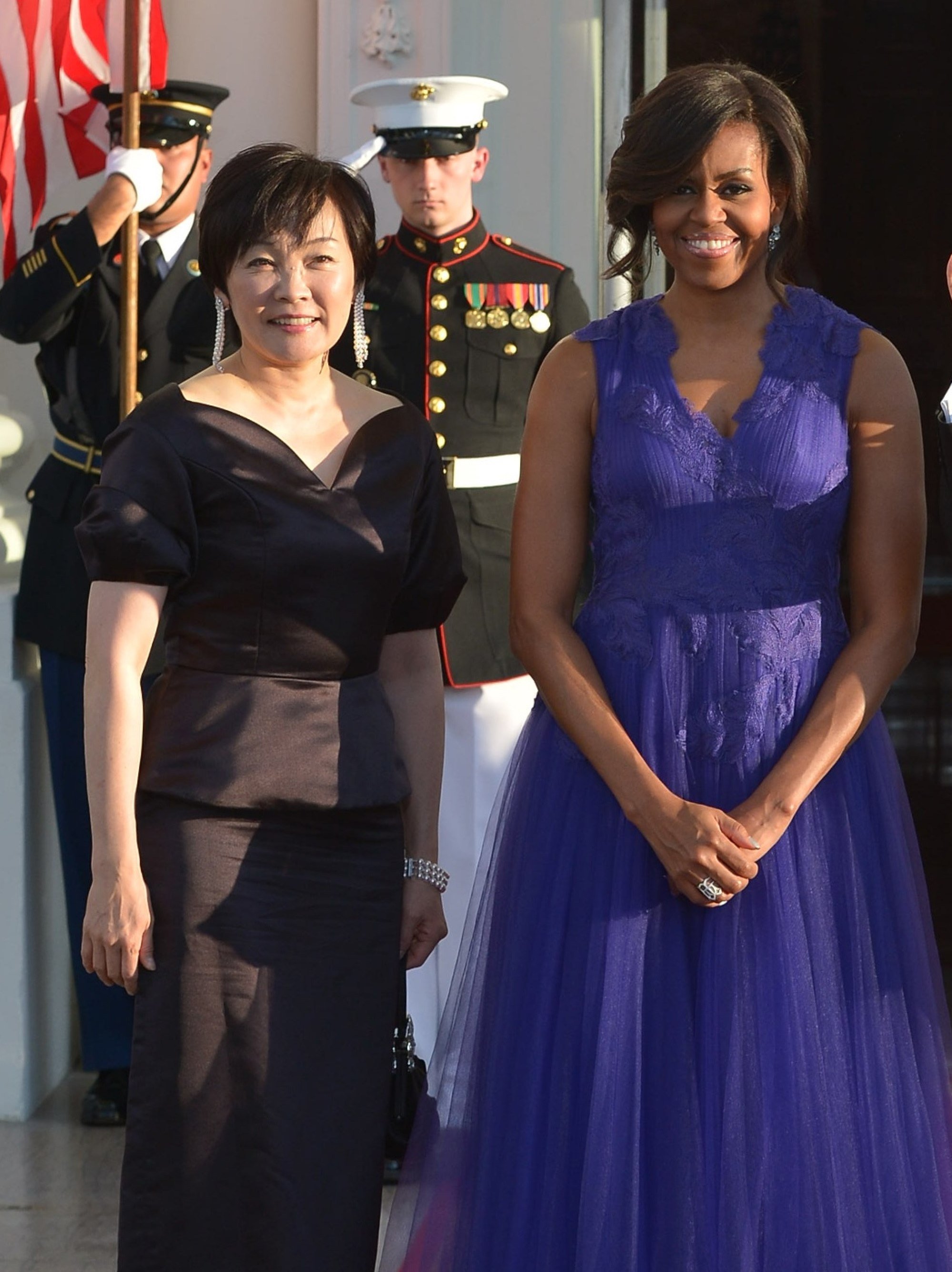Meet Akie Abe, Shinzo Abe’s widow and beloved first lady of Japan: not like other PM’s wives, the former radio DJ opened her own izakaya, posted Instagram PDA and supported LGBT rights


Having worked tirelessly for the country for so long, it should come as no surprise that Shinzo’s wife, Akie Abe, has been just as impressive in her contributions to Japan. Unlike some previous prime minister’s wives, she took a truly hands-on approach to her role, and forever secured her place as one of the country’s most beloved first ladies.
Princess Mako’s new life in NYC, from an unpaid internship to one-bedroom flat

In 2014, the Japan Times wrote: “Japan has never had a first lady like this. Whoever even knew who the first lady was?” – an indication that previous prime minister’s spouses barely registered in the national consciousness until Akie came along.
So, what do we know about Akie Abe, and why is she so unique?
She was born to a prominent Japanese family

Before she became Akie Abe, she was known as Akie Matsuzaki. She was born to a wealthy family, and her father was the president of Morinaga & Co., one of Japan’s largest confectionery companies.

The Straits Times reported that Akie enjoyed a privileged upbringing, and studied at exclusive Catholic schools in Tokyo before graduating from Sacred Heart Professional Training College. She later earned her master’s degree from Rikkyo University in 2011.
Is Princess Aiko destined to the same fate as Princess Mako?
She’s had numerous jobs, including as a radio DJ

Despite coming from an influential family, Akie was determined to have a career on her own terms. She first started out working at the Japanese advertising agency, Dentsu, and it was at this job that her boss introduced her to Shinzo, who was then working as a political aide. They got married in 1987.
After their wedding, Akie switched career paths to become a radio DJ in her husband’s hometown of Shimonoseki, broadcasting with the nickname “DJ Akky”.

While Akie took a break from her work to focus on first lady duties during her husband’s first stint as prime minister in 2006, his resignation the following year prompted her to open an izakaya restaurant named Uzu (meaning whirlwind) in the Kanda district of Tokyo. She even grew her own organic rice, in a paddy located in her husband’s home prefecture, and served it at her restaurant, according to CNN.
She and Shinzo Abe were openly affectionate with each other

Japanese politicians are typically not affectionate in public, but Akie and Shinzo challenged this stereotype throughout their marriage. They were frequently photographed by Japanese media holding hands as they stepped out of planes together, and they regularly posted about each other on their social media pages.
A video shared by Shinzo in 2019 showed him personally installing a beaver-shaped door knocker for Akie, who happily put it to the test.
What’s going on with Melania Trump? Her controversial 2022 so far
She was a leading proponent of ‘Womenomics’

Foreign Policy magazine reported that then-president Barack Obama requested US$250 million in funding for the Let Girls Learn initiative in his 2016 budget, while Japan also contributed US$340 million to fund the initiative thanks to Akie’s efforts.

Akie regularly spoke up about the fact that Japanese women are some of the most educated in the world, yet still find it hard to climb the career ladder. She became a leading proponent of “Womenomics” as a result, arguing that women staying longer in the workplace to achieve more senior positions was essential to Japan’s economy.
Akie was dubbed the “domestic opposition” for having different views to Shinzo

Apart from speaking up on women’s rights, Abe has been open about her support for progressive causes, even when it sometimes contradicted her husband’s policies.
In 2014, The Straits Times reported that she had joined Tokyo’s annual pride parade to support the LGBTQ+ community. She later wrote on her Facebook page that she had joined a commission set up by UNAIDS the year before, and had been involved in LGBTQ+ rights ever since.
“I want to help build a society where anyone can conduct happy, enriched lives without facing discrimination,” she said.

She has even spoken up about legalising medical marijuana: “I believe it can be greatly utilised for medical purposes,” she told SPA! Magazine in 2015. She also admitted to once wanting to be a hemp farmer, which requires a special permit in Japan.
As a result, Akie’s progressive views earned her the nickname “domestic opposition”, given that her opinions typically differed from her more conservative husband’s.

- When Akie Abe became Japan’s first lady, she truly broke the mould: not only did she open her own izakaya, but she was a radio DJ and partied at Tokyo Pride
- Tasked with entertaining Melania Trump on her visit to Tokyo, she also partnered with Michelle Obama on the Let Girls Learn project and was a proponent of Womenomics